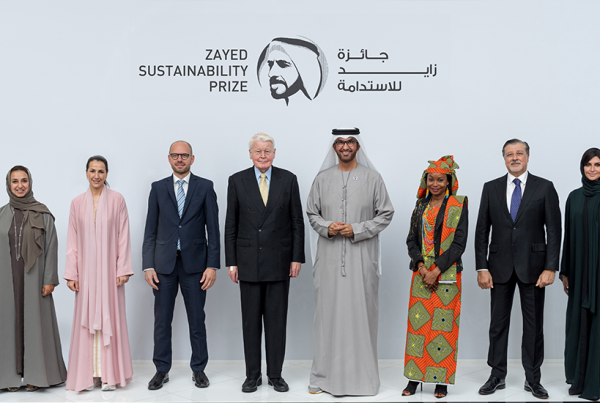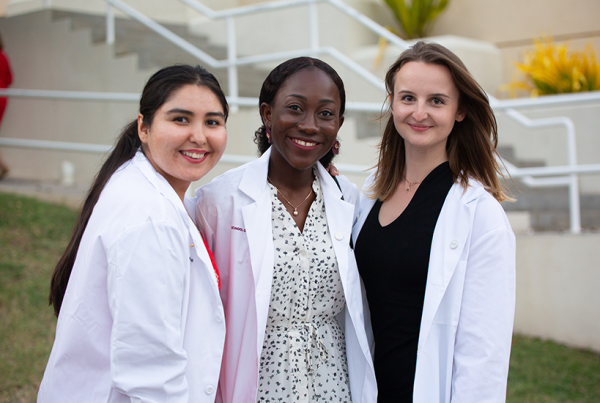In this article, we are interviewing Kenneth Awotwe Darko a journalist at influential channels such as JoyNews, Joy FM, and Myjoyonline, to discuss the impact of COVID-19 on education in Ghana and the changes and improvements that can be made to the Ghanaian education system.
1- In your opinion, what impact has COVID- 19 had on education in Ghana so far?
Ghana has been one of the African countries hit worst by the novel coronavirus. The country’s education is one of the country’s tall list of areas affected by the pandemic at all levels. From crèche to tertiary institutions, students, teaching, and non-teaching staff have found themselves at home for over 4 months.
Government announced the closure of schools on March 15, 2020 at all levels as part of measures to curb the spread of Covid-19 after a student at the University of Ghana contracted the virus.
This has caused a shortfall in the impartation of knowledge as some education think tanks have suggested that a long period of non-exposure to lessons reduces the student’s ability to grasp lessons, a fear they hoped would not materialize once the restrictions of movement announced by President Akufo-Addo after gradually lifted.
School administrators have also had to bear the brunt of unanticipated debt since many guardians had not fully met their financial obligations in terms of school fees among others in the lead up to the lockdowns and subsequent restrictions. Most of the administrative cost of these facilities are yet to be covered especially for schools in the private sector amid calls for a relief package.
2- What does COVID-19 reveal about educational equity in Ghana?
If there is one thing Covid-19 has succeeded in exposing, it is the widening digital divide in the educational system. Lockdowns and various impositions placed on movement meant that schools had to abandon lessons totally or adopt a digital approach to complete the rest of the academic session. Some well-to-do institutions succeeded in seeing this through while others, predominantly in rural Ghana failed at this.
As a journalist, my curiosity drove me to the Kamgbunli in the Ellembelle District of Ghana’s Western Region in May 2020, a typical example of the hard-to-reach communities left out of the online approach in education amid the pandemic
Keep in mind that this community has residents who lacked basic access to personal protective equipment needed to fight the pandemic, electronic devices such as smartphones and computers were out of the question. The district had only 3.1% of the population above 12 years using internet facilities with just about 581 households having computers.
The solution was a privately sponsored initiative where teachers volunteered to broadcast lessons at a local radio station while students gathered around battery-powered radio sets to access education.
I was intrigued by the development but considering the options available, it was better than nothing as they were still billed to compete with their well-resourced colleagues in the cities with whom they would be writing the Basic Education Certificate Examinations. The disparity is deep, indeed.
3- What changes should be made to the education system in Ghana to become more resilient to crises like these?
For me, there are three things. Digital, digital, and digital. Ghana must prioritize the deployment of digital tools to all corners of the country to provide the framework to attract constituents to the intricacies of the new age.
Parents, as agents of socialization must also be trained in the areas to be able to assist their wards in times of crisis.
Also, the district education directorates across the country must be empowered in this regard.
When all the above systems are in place, it is then time to streamline information dissemination framework and institute mechanisms of strict compliance by team leads across the country.
There should be wide consultation with all major actors and stakeholders in the education value chain in order for the fight against any future crisis to be averted systematically while upholding education.



